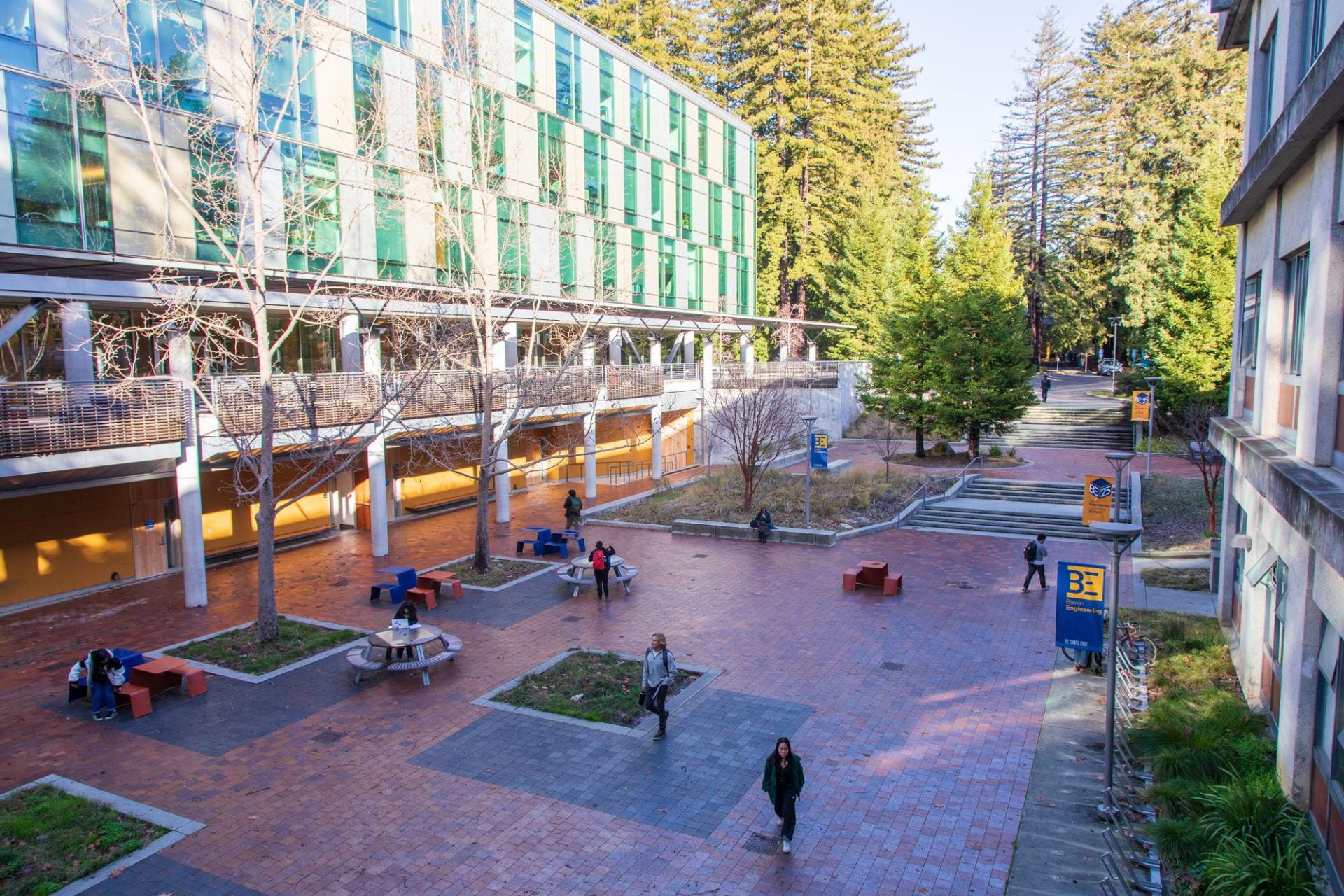About Leeps
At LEEPS we emphasize the laboratory study of learning processes within various institutions, including markets, multiplayer games and individual choice tasks. In the laboratory the institution can be varied in a systematic manner, and information and payoffs can be observed, permitting sharp tests of learning models. Such laboratory work is complementary to analysis of field evidence, computer simulations and model construction emphasized by many other researchers.
Funding
The US National Science Foundation has provided core funding for LEEPS under a series of grants listed below. Additional funds have come from Google, HP Labs, Valve Inc. and from The Environmental Defense Fund.
Supplementary funds have come from UCSC sources (including the Economics Department, Social Sciences Division and the Academic Senate) and private sources, including Netgear. Our thanks to all our sponsors!
Projects – NSF Grants SES-1357867, CCF-1101741, SES-0925039 (2008-2012), SBR-0351801 (2004-08), SES-0436509 (2005-08), IIS-0527770 (2006-09), SES84-11382, IRI88-12798, SES90-23945, DUE-9351763, SBR-9223461, SBR-9310347, SBR-9617917, and IIS-9986651. Industry grants from Google, HP Labs, Environmental Defense.
Affiliated Researchers
Natalia Lazzati
Kristian Lopez-Vargas
Alessandra Cassar
Ryan Oprea
Affiliated Institutions
Our research partners have included the following institutions:
- WZB Berlin Social Science Center
- Visual Math Institute
- Information Retrieval and Knowledge Management Lab at UCSC
- Experimental Economics Lab at GSU
- Almaden Services Research at IBM
- Computable & Experimental Economics Lab (CEEL), Trento
- UCSC Perceptual Science Laboratory
Other Economics Links
A Manifestino On Learning and Economics
The casual visitor could easily get the impression that the diverse projects at LEEPS are disconnected. Not so. Most spring from a common intellectual ground, a blend of economic theory with some aspects of evolution and psychology. Here is the logic.
Economists have a well defined theoretical approach. Individual people are self-interested utility maximizers who interact through markets, and the markets produce equilibrium outcomes. This optimization/equilibrium approach has enjoyed considerable success in explaining the general tendencies of most goods markets. It has been widely extended, with mixed success, to a variety of settings in economics and other social sciences.
The optimization/equilibrium approach has two fundamental deficiencies, one theoretical and the other practical. The approach lacks a theoretical account of how equilibrium becomes established, and therefore it offers no convincing way of choosing among multiple equilibria. The practical deficiency is that it offers no guidance as to when actual outcomes will closely approximate equilibrium outcomes. Hence the pattern of success and failure in explaining labor markets, macroeconomics, law, politics, etc., often surprises its supporters as well as its critics.
Evolutionary processes provide a complementary approach that promises to remedy the deficiencies in the equilibrium/optimization approach and to re-unify economics with its sister social sciences. Evolutionary processes operate on three distinct time scales. Individual learning is the most rapid. Given facilitating market and other social institutions, learning will rapidly and reliably produce outcomes close to equilibrium. Thus utility maximization and equilibrium should be thought of as the end result of a learning dynamic shaped by efficient social institutions. Unfortunately, social institutions evolve on a slower time scale and not always towards the efficient institutions. Our basic human nature as social creatures shapes the evolution of our institutions, and it in turn is subject to the slow force of genetic evolution. Thus the optimization/equilibrium approach will not always offer a reasonable approximation to actual outcomes.
Much empirical and theoretical work will be necessary for the learning/evolution approach to realize its promise. Behavioral economists don’t always consider the underlying evolutionary processes. Psychologists’ learning models and data traditionally ignored the impact of institutions on equilibrating tendencies. Anthropologists and other social scientists who study social institutions have traditionally shied away from explicit evolutionary analysis. Sociobiologists tended to conflate social and genetic evolution. Fortunately, recent trends in these disciplines are more compatible with learning and evolution, and an interdisciplinary fusion may well be underway.
At LEEPS we emphasize the laboratory study of learning processes within various institutions, and focus on their equilibrating tendencies. In the laboratory the institution can be varied in a systematic manner and information and payoffs can be observed, permitting sharp tests of learning models. Field evidence usually is not as sharp but is required to check for external validity and to observe social evolution at work. New model construction will certainly be in order as evidence accumulates on current models. Computer simulation will become an increasingly important part of model construction and analysis. Thus our work at LEEPS is complementary to that of many other researchers. See the list of affiliated institutions and drop us a line if your research program connects to ours.
by Dan Friedman/LEEPS Lab 5/96 and lightly edited 2016
